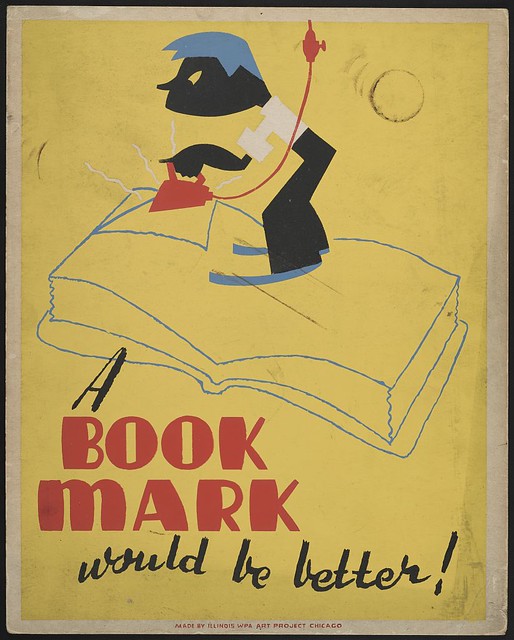All tagged Kindle
E-reading Aggravations
Last week I went into detail about why e-reading works for me. However, not every aspect of e-reading works for me. There are a number of inherent problems with digital reading that frustrate me to no end, and I don’t think I’m alone.
Platform Lock-in/DRM
This is probably the most frustrating thing for a many readers. That committing to an e-reader means that you’re likely committing to a specific vendor for your book purchases. Now, there are ways around this (which usually violate your terms of service), and people who own some of the devices that use epub format can buy from alternate vendors. However, in large part, people are locked in. We have several Kindles in our house, for example. Because I would have to violate my terms of service to move my ebook library to another platform, I’m essentially locked into the Amazon environment. Nook users face the same problem—if they wanted to move to Kindle, they couldn’t take their libraries with them. Functionally, this doesn’t really impact me, because I rarely re-read, but the principle of it really aggravates me. I still haven’t seen data that makes the case that DRM actually prevents piracy, so all it’s doing now is keeping consumers from being able to choose from a multitude of ebook vendors. (Part of me also wonders if DRM prevents specialty ebook vendors from cropping up, but that’s simply speculation on my part, because I haven’t seen data on that issue.)
You Don’t Own Your Ebooks
Yep, you just own a license to view content (and on some platforms, the license restricts you even further to a specific device). I get the why behind this thinking: if consumer own their ebooks, that means they can resell them, but because electronic files are easily duplicated, someone could buy a book for $10 and resell the same file over and over again. But, again, there’s something about it that doesn’t sit with me.
A Multitude of Formatting Problems
Now, this isn’t the exclusive domain of ebooks—I’ve had loads of print books with weird formatting issues. However, I have experienced some of the strangest formatting problems with ebooks, particularly non-fiction. My “favorite” was one that had the center third of the book centered and italicized. A tip: if you encounter any formatting weirdness, and you’re an Amazon customer, they will refund your money. (I have been told BN does not offer this same courtesy for Nook books.) I’ve also encounter overly large indents, odd page breaks and random hard returns between paragraphs. If this bothers you, and you like all of your books to be formatted consistently, there are some tools out there that will allow you to re-format your ebooks. Again, though, this is a violation of your terms of service.
Why I E-Read
I couldn’t care less how people read. Hardcover, paperback, Kindle, Nook, iPad, whatever… I don’t care. Hell, you can read your books etched in stones if you want. (Though I question the practicality of that particular format, for both portability and storage reasons.)
As I’ve mentioned a time or a thousand, all I care about is encouraging people to read. The how or what is far less important to me.
However, a whole lot of people do care about the manner in which people consume books.
Jonathan Franzen and his cronies, for example, have stated that “serious readers” don’t read digitally. Other people have accused digital readers of heading to their Kindles or Nooks because they want to hide what they’re reading. Sometimes I can’t help but feel that I’m perceived as a less-serious reader or a traitor to “book culture” because I prefer a digital format, and honestly, that really bothers me.
Whenever I come across another sweeping statement—which happens at least once a week—about people’s reading format preferences, I get my feathers ruffled. (The same feather-ruffling happens when 20-something digital natives accuse folks who prefer paper of being Luddites. Choice is a good thing—which is also why I think the possibility of print-on-demand is very intriguing.)
In the effort of doing my little part of thwart the sweeping, inaccurate statements that pepper the web about the way people choose to consume books, I thought I’d delve a bit more into issues related to ereading and digital “stuff” (i.e., digital design, etc) in general, since I spend much of my time embedded in a digital environment and am an avid e-reader. I’ll start with talking about why I elect to primarily e-read. Contrary to the popular commentary, it has absolutely nothing to do with being embarrassed by what I read—instead, it involves a lot of factors, both sheer preference and the practical.





